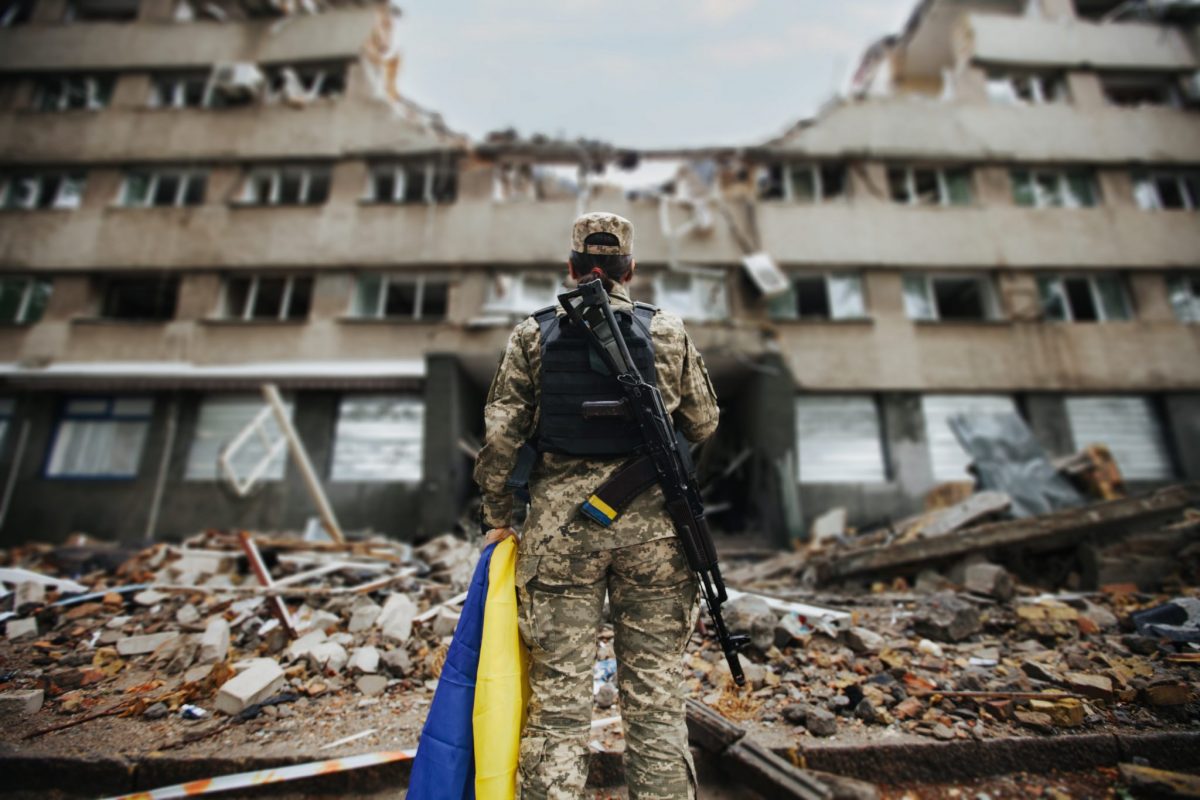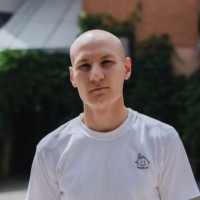More an ongoing effort than a 'project', CUR has a been a strong supporter and participant in the knowledge exchange for recovery, working intensely with Ukrainian housing and urban researchers, since the escalation of Russia’s war on Ukraine.
Policy researchers across a range of disciplines have a key role to play in informing Ukraine’s recovery. CUR members have been working alongside local and international partners as part of an ongoing contribution to the recovery of Ukraine.
The UN Economic Commission for Europe, Housing Europe and UN Habitat initiative #Housing2030 provided useful initial material for the Ukraine Recovery Council and UNECE workshop on affordable, safe and decent housing. As principal author of this report, Adjunct Professor Julie Lawson contributed relevant expertise to Ukraine’s Housing Policy Working group, which informed the National Recovery Plan launched at the Lugano Recovery Conference.
To mobilise a wider network of researchers, an ENHR Working Group on Crises, Conflict and Recovery was launched in 2022 by Julie Lawson, and is now co-ordinated by Ukrainian researchers Pavlo Fedoriv and Galyna Sukhomud. This has already generated a series of research papers on housing policy reform that were presented at the ENHR conference in June 2023.
Further RMIT CUR collaboration with Ukrainian social policy think tank CEDOS and the European Investment Bank has contributed to public discussions on housing policy, highlighting the need for capital investment in a well governed system of adequate affordable housing and tenant advocacy.
To draw out relevant European best practices, a carefully structured and well-attended international event Ukraine Housing Recovery Forum was co-organised by CUR and hosted by the Dutch National Environmental Assessment Agency (PBL) in February 2023. This informed a major report Rebuilding a Place to Call Home on housing reform co-authored by researchers from New Housing Policy PBL and RMIT with input from local social policy think tank CEDOS, the Ukrainian government, housing policy experts from Europe and international organisations involved in funding Ukraine’s recovery.
The Ukrainian coalition of urban professionals Ro3kvit organised the launch of this report in Kyiv with the Netherlands Embassy to Ukraine, with key decision makers responding. Nearby in Poland, at UNESCO Warsaw’s Museum of Reconstruction, the National Institute of Architects and Urban Planners and RMIT CUR hosted a public discussion on the report’s recommendations further expanding the network of policy researchers informing Ukraine’s housing recovery.
Building professional capacity for housing recovery and the institutional architecture of public policy and civil society advocacy is vital. Towards this effort, RMIT CUR researchers with TU Delft, UNUN and New Housing Policy created and delivered the online course Tools for Recovery. This involved seminars on recovery pathways, affordable and inclusive housing, land policy, circular economy and public participation delivered by Julie Lawson, Galyna Sukhomud, Mittul Vahanvati and Oleksandr Anisimov, among other international presenters. RMIT CUR also contributed to the New European Bauhaus course on the municipal roles in housing involving many Ukrainian local policy makers.
With TU Delft, RMIT organised the event Towards a Just Housing System highlighting the position of vulnerable tenants, involving CEDOS, UN Habitat and the International Tenants Union, at the International Social Housing Festival.
Key policy discussions on affordable and energy efficient housing are ongoing, and RMIT CUR continues to support Ukraine’s efforts for a just recovery.
Explore reports and past events via the links below.

Resources:
European Housing Forum Presentation on Ukraine’s housing recovery, April 16-17, 2024
- REBUILDING A PLACE TO CALL HOME: Sharing knowledge for the recovery of Ukraine
- Ukrainian Housing recovery challenges report short note
- Ukraine's housing recovery forum
- Ukraine’s housing recovery requires a well-designed capital investment strategy
- Tools for Recovery online course
- Symposium: Ukraine’s housing recovery forum - rebuilding a place to call home
- Ukraine’s housing recovery requires well designed strategic capital investment
- Ukraine Recovery Plan
- Cedos event: Finance and investment mechanisms for affordable and inclusive housing
- #Housing2030 and UN4Kharkiv – UNECE Workshop Affordable, decent and healthy housing
- Ukraine's Housing Recovery Forum: Sharing knowledge for action presentation slides
- Report: Access to adequate housing in Ukraine – a needs-based assessmen for investment
- Access to adequate housing in Ukraine – a needs-based assessment input for RDNA 3 and Ukraine Facility (presentation slides)
- Ukraine Housing Needs Assessment (Ukrainian version)





